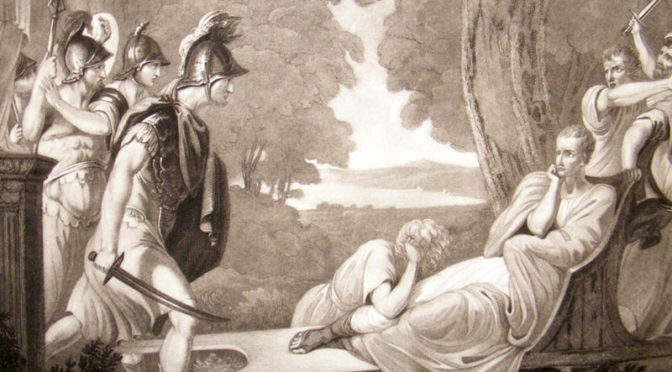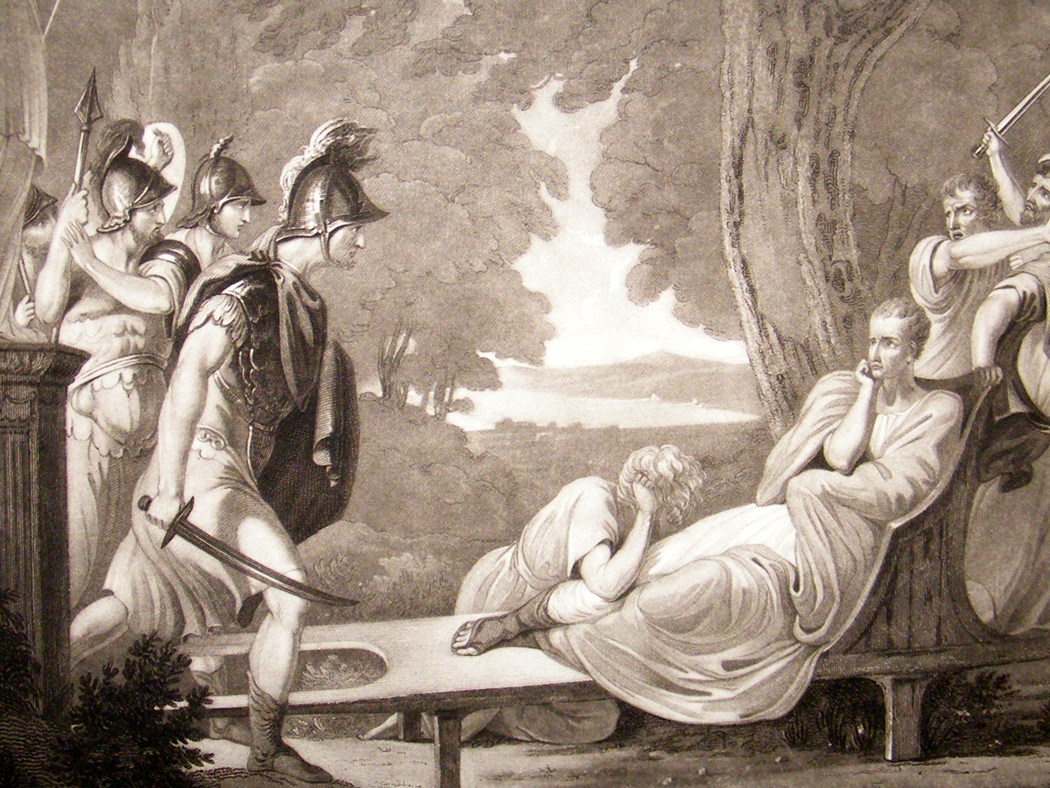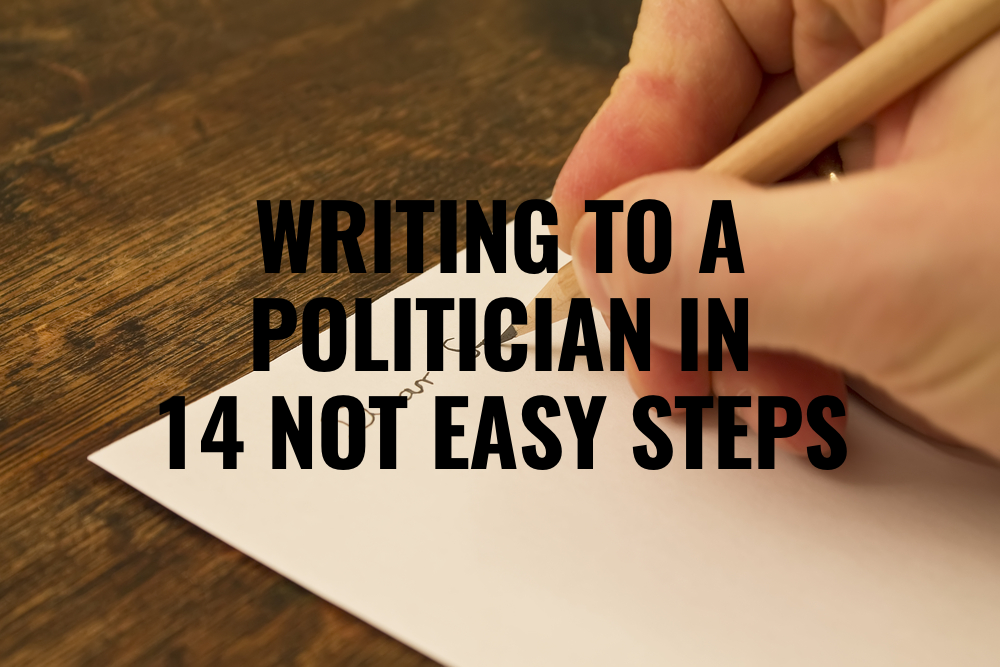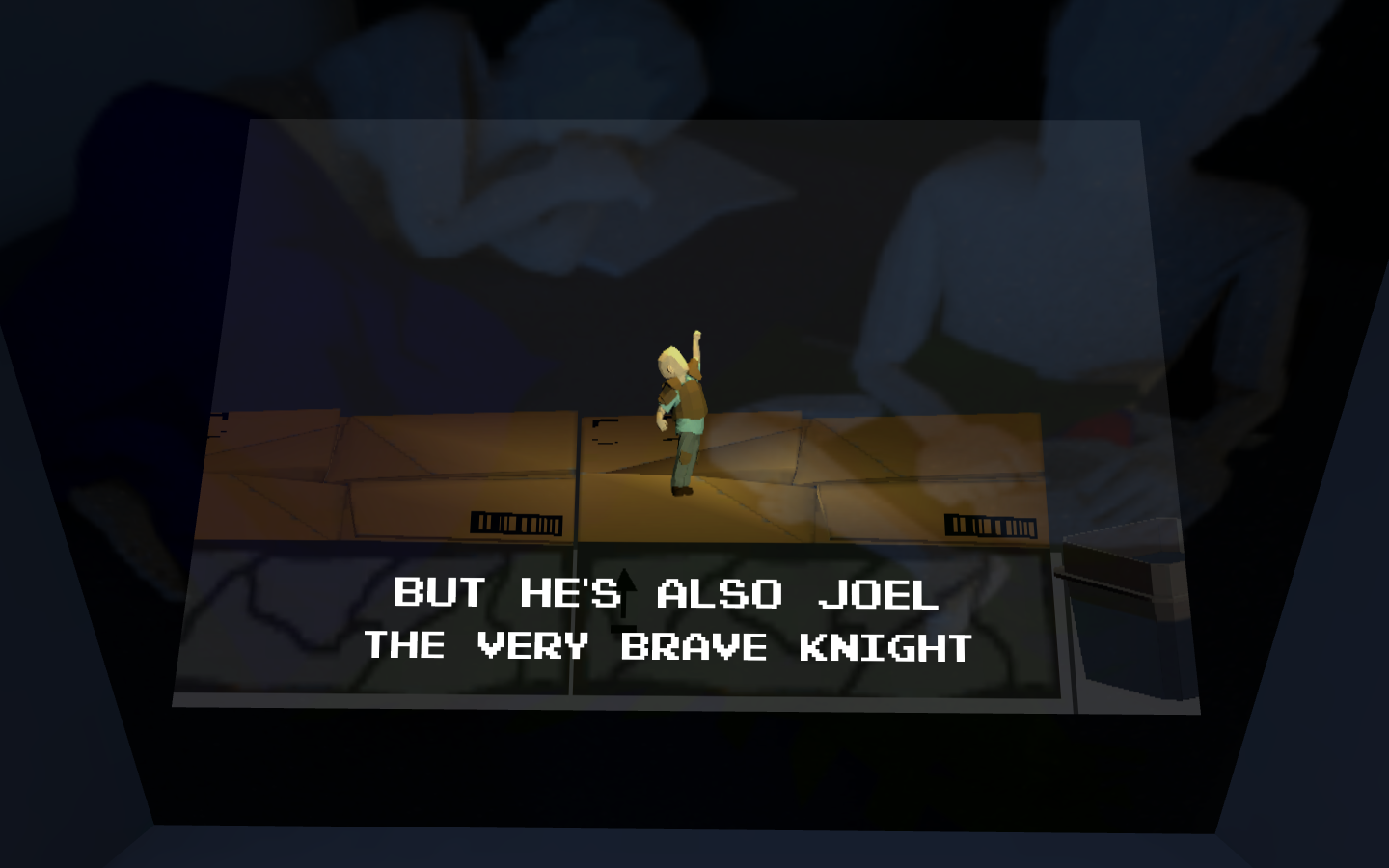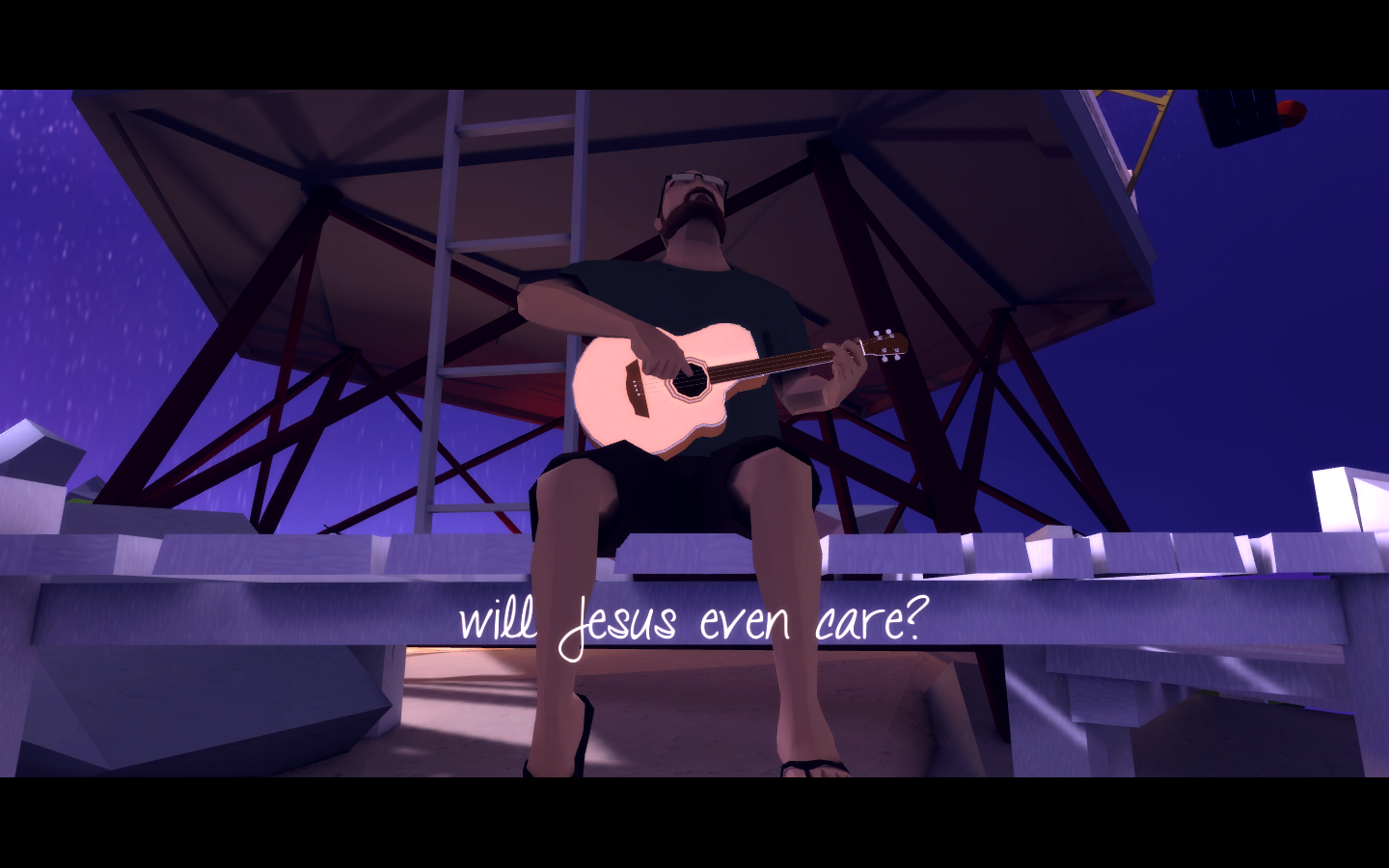A few years ago I wrote about the complexity of multiple Australian stories converging on Australia Day, and how I was finding January 26 increasingly difficult to navigate as a Christian. I’ve kept listening to people like Aunty Jean Phillips — who I mentioned in that linked post — and to others, be they First Nations voices across the political spectrum, white Aussies, or migrants whose citizenship began on the national holiday.
This year I tuned in to Common Grace’s #changetheheart service (you can read a post on the Common Grace website about why), which you can still view online, and I’d encourage you to do so. You should probably prioritise that over reading what really amounts to another white guy adding noise to a conversation that needs less white guys adding noise. I’m still working out how to ‘pass the mic’ in these conversations so that I don’t just become a whitesplaining bloke who keeps ‘centering’ himself, while also having a corner of the internet where I write and process my own thoughts (while also realising that even using ‘whitesplaining’ and ‘centering’ is so ‘woke’ that I’ve already triggered an overt negative emotional response from some readers).
The difficulty I feel personally around January 26 hasn’t eased in the intervening years, though I’m not at all convinced by arguments, typically — but not exclusively — from white folk that we should keep the national day as January 26 and morph it into a day of mourning and acknowledgment, as well as celebration.
I’m puzzled as to why this question — the date of a national public holiday — has become such a polarising ‘culture war’ battlefront not between people of different ethnicity, or history, but between people of different political affiliation. That is, why we can’t just all say together ‘yeah, it’d be really good to have a national day that wasn’t inherently offensive to people in our community.’ That so many people want to hold on to January 26 while so many people are distressed by it just seems to me to be a failure to be good neighbours. It’s like the house on the street that wants to play their music loud, without considering the family with the unsettled infants, because, ‘freedom rules’…
I’ve noticed in the hyper-polarised discussion this year (see, for eg, News Ltd going to town on the ABC allowing its employees to refer to January 26 as Australia Day or Invasion Day), that the predictor of how one responds to the national day, and the call to national pride or national mourning that comes with it is not necessarily linked to ethnicity, but rather, a predilection to a certain political pole.
There are Indigenous, migrant, and white Australians on the right who want to celebrate the goodness of Australia as a land of opportunity, where individuals can flourish, and there are Indigenous, migrant, and white Australians on the left who want to see deep systemic change in Australia and believe that dealing with our nation’s history, or at least acknowledging it as a source of ongoing inequality, is the first step towards closing the gap. There are also those who want to do both. Simultaneously. On the same day. One thing I’ve noticed when (typically white) people call for a ‘redemption’ of January 26 through holding the tension of lament and celebration is how few Aboriginal Christians seem publicly supportive of the idea.
I’m not convinced this is possible, or good, for a few reasons, but one of them — in particular — is built on a Biblical principle around freedom and disputable matters, and I’ll unpack this below — other reasons are just how recently January 26 became a national Public holiday, what it is that January 26 commemorates, the ongoing injustices created by that date, and that a day of unity is not a day of unity when not everybody wants to come to the table. So long as the day is treated as a front in a culture war between right and left it can never be what those on the right say they want it to be (a day celebrating the unity and goodness of our nation). To achieve that end, the ‘left’ in the culture war would have to be wiped out. Before I get to the Biblical rationale for, at least Christians, supporting a change to the date, I found this essay fascinating and helpful when it comes to understanding how issues around racial equality play out, broadly speaking, along political lines both in the U.S (the context of the article), and I think also in Australia. I found it helpful in trying to unpack how we might transcend political division and work at peacemaking, especially as Christians. The piece was originally looking at how white people and black people in America approached race differently, but I think it’s actually also about how those on the right, and those on the left, approach race differently (including why people on the left accept Critical Race Theory, and the idea of ‘whiteness’ as an oppressive construct in white-dominated western countries). Michael Emerson, a sociologist, wrote The Persistent Problem back in 2010, the introductory thesis statement says:
“While whites tend to focus on creating good-intentioned, right thinking people, people of colour tend to focus on group equality and justice. Both are important, so they need not be at war. But the focus must be on working together to undo the racialised society, and that is by definition not just about individuals.”
The essay drills down into how this plays out in areas like how one defines racism — and again, I think the individual/systemic divide is a right/left divide, not (only or exclusively) a white/black divide.
“Whites tend to view racism as intended individual acts of overt prejudice and discrimination.”
To call a right leaning person a racist, with this definition operating in our heads, shuts down the conversation because the right leaning person says ‘but I do not have hatred in my heart towards a person of colour, nor am I personally prejudiced such that I discriminate’. Emerson observed that this individual emphasis is particularly held by white Christians. Perhaps this is because of the way individualism is a construct of both western thought (and thus ‘white’ thought), and Christian thought, as I unpacked a little while ago.
“Most people of colour define racism quite differently. Racism is, at a minimum, prejudice plus power, and that power comes not from being a prejudiced individual, but from being part of a group that controls the nation’s systems.”
We see this definition at work in, say, the Black Lives Matter protests, Critical Theory, and the response to the Australian Prime Minister’s (racist by this definition) statements about the First Fleet this week — that’s a classic expression of the sort of racism this definition describes, even if ScoMo has no personal animosity towards individual Indigenous people (or Indigenous communities). Interestingly it’s probably also why when we talk about ‘closing the gap’ and we want it to be about individual health care, and opportunities for education, and fixing individual behaviours that might cause less individual flourishing around health and education, it’s possible the system (the government) that is responsible for health and education, and that has a straight line institutional responsibility for the historic dispossession of our First Nations people, is doomed to fail.
Some of the gap that needs closing is a product of our nation’s systems — whether its stolen wages, the stolen generation, or the stolen land. All of these government operated policies created intergenerational disadvantage and when a government tries to create equal opportunities, or even reconciliation, against this historic disadvantage, without acknowledging the systemic ramifications of that historic (and ongoing) sin, it is probably not going to work — and yet, it is also true that better health and education outcomes for individuals are an important path to flourishing.
Disagreeing on racism’s definition means not only the potential for more group conflict, but also reduced potential for overcoming it. Different definitions mean groups and people are working to different ends using different means.
Emerson’s essay unpacks the idea of ‘white privilege’ in a useful and clear summary built on the three pillars of ‘white structural advantage’ where most of society’s institutions (public or private) are controlled by white people who benefit from the status quo of the system set up by and for them (an example here in Australia is, for example, that I come from at least three generations of land owners, such that the inherited wealth and stability I am born into allowed me to easily access education and be schooled in a secure environment that allowed me to thrive and pursue even more education, while also receiving good health care, in those generations my family ‘urbanised’ moving from settler status in regional New South Wales to life in inner city suburbia), ‘white normativity,’ where white people don’t have to navigate life in these systems as outsiders society is set up so ‘the way we do things’ is very close to ‘the way things are’ (so, I don’t have to navigate a difference between my ancestral language, music, and culture and the dominant or popular culture and language, plus, my ‘story’ is the ‘typical’ Aussie success story, totally built on ‘opportunity,’ wisdom, and ‘hard work’ but without state-sanctioned tragedy in the mix), and ‘white transparency’ where I don’t have to think about what is or isn’t an expression of ‘whiteness’ (and, beyond ‘whiteness’ I have very little idea about my cultural heritage, and don’t need to — for example, I was a teenager when I found out our ‘Campbellness’ comes, most directly, from Ireland, rather than Scotland).
Emerson makes a useful distinction between a ‘racist’ society — where these structures are overtly prejudiced against the other, and a racialised society where these structures work to systemically advantage those who neatly fall within them, and disadvantage other groups. And, while this is difficult for those of us who are ‘right-leaning’ — systems and especially institutions are a classic building block of small government conservatism so the sort of colour-blind individualism one might find advocated by commentator Gerard Henderson in his Australia Day piece, where ‘group identity’ is out and ‘individual success’ is to be celebrated across ethnic lines, is tricky to mesh with lived reality where one (an individual) receives their success only by successfully navigating and embedding in such institutions (like a university). It assumes a colour blind status quo that simply does not exist given the history and multiple stories interweaving in our nation. Emerson’s piece is, again, U.S centric, but it describes life in Australia in observably real terms.
A racialised society allocates what society values—income, wealth, fine neighbourhoods, quality schools, social status, respect, psychological well-being, health, life expectancy—unequally along racial lines. Society (its institutions and its people) create racial categories which change over time, as well as the form of racialisation—such as slavery, Jim Crow segregation, de facto segregation and inequality. So while its form changes, what does not change is that race matters considerably for people’s identities, whom they know, where they live, whom they marry, and their life chances.
If education and better health outcomes are essential parts of closing the gap in Australia — and if the gap is a genuinely observable phenomena in a way that meets this definition of a ‘racialised’ society — then some changes will need to be systemic, not just the result of heroic individuals overturning the status quo and its disadvantages (though long may those individuals exist and be celebrated). No person is born into the world as an individual though — we are not the authors of our own story — we are born into families and social groups, and places, that we have no control over but that reflect the advantage, or otherwise of the people who have come before us. Again, it’s a fundamentally conservative thing to acknowledge this truth, the political left, and, typically, non western collectivist cultures just make this a bigger deal than our individual/liberal culture. Emerson says:
“We need to focus our attention on undoing our racialised society, on making our organisations fairer places for people of all racial backgrounds, on making our congregations places that do not reinforce racial division, but which instead bring people of all backgrounds together for the common purpose of glorifying God. We would do well to acknowledge that for all the reasons discussed earlier, whites’ tendency will be to focus on creating good-intentioned, right thinking people, whereas people of colour’s tendency will be to focus on group equality and justice. Both are important, so they need not be at war. But the focus must be on working together to undo the racialised society, and that is by definition not just about individuals.”
Again, for some purposes ‘white’ and ‘people of colour’ are interchangable with political ideologies (right, and left) that emphasise the individual and those that emphasise the collective. Although, it’s also true that ‘right’ and ‘left’ are built on the same western liberalism that makes ‘freedom’ the chief good; they have a common foundation, so there might be a ‘western right’ and ‘western left’ or ‘white right’ and ‘white left’ that operate differently to other political cultures from outside western liberal traditions… Part of ‘de-racialising’ might be ‘de-westernising’ or ‘de-whiting’ our society, so that we think corporately or systemically, not just individually.
One must — I think — particularly as a Christian see identity functioning corporately at least a little. For Christians this happens both for Israel (and the nations) in the Old Testament, and for the church and our union with Christ in the New Testament. Sin and blessing work inter-generationally in the Bible as well, with, for example, blessings and curses for Covenant obedience (land v exile) for Israel, and also judgment on the nations who mistreat Israel (and then, the church, in, say, Revelation).
A multi-purpose Australia Day where lament and celebration are held in tension doesn’t actually address the cause of the tension in Australia — it does not close the gap, nor does it address the ‘racialisation’ of our society, or help us develop the sort of language and common purpose that could allow us to start working towards de-racialisation and improvement in our communities. It may be that a mixed day is better than a nationalistic day of what is essentially conservative (or white) pride, but even if that means conservative (right-leaning) indigenous people, or successful individuals who have navigated the pressures of racialised society, feel their story is being celebrated — it does nothing for those people who by either ethnic experience, or political conviction, feel like something token is being offered. It’s not ‘virtue signalling’ to call for a date change to a more inclusive date if inclusivity is the starting point for a de-racialised society any more than it is ‘virtue signalling’ to call for the date to remain the same (for the white/right leaning Australian), or for a mixed occasion (for the person comfortable with tension). Every option put forward for January 26 is a contribution to a conversation about the virtues we want at the heart of our society — be it celebrating individual triumph in a nation we think has everything sorted (right-leaning nationalism), calling for mature holding of tension (typically a ‘centrist’ position from a position of privilege, that wants a more honest appraisal of history, and a maintaining of parts of the status quo worth celebrating), or a call to change the date to a mark a more inclusive and re-constructive occasion (typically a position from the political left).
And here’s why, as a Christian, I think we should throw our lot in with the Change the Date movement (while also pursuing the harder #changetheheart work) — not as an expression of ‘rightness’ or ‘leftness’ but as a path towards actual unity and deconstruction of our own racialisation, so that we operate as ministers of reconciliation — those who have been brought together in Christ — in an unreconciled nation. Nationalism is often a form of idolatry — this was true where the nation state and a religion were perfectly overlapping realities (say, in Ancient Rome, or in modern monarchies where the king or queen rule as divine regents), but it is also true in a secular world where the nation has become the ‘ultimate’ good in a world that has pushed divine or supernatural realities to the margins. One of the reasons the national holiday is so contested in the modern culture wars is that it is a ‘holy day’ — a chance to celebrate what we think should be held sacred (ANZAC Day is another expression of secular nationalistic religiosity). Marking a national holy-day is potentially idolatrous, that isn’t to say that Christians shouldn’t ever join in celebrating the good things about our nation, and to be thankful for God’s providence to us, just that we already have reason to be careful — because we are ‘citizens of heaven’ and worshippers of God, serving our Lord and King, Jesus. The Old Testament is full of nationalistic idolatry — just read the book of Daniel — and we should try to navigate life in the public square much like Daniel did. He was a contributor to Babylon’s success (much like Joseph was to Egypt’s), but he did not worship its king in a display of empire-celebration (nor did Esther or Mordecai in Esther). We should approach a national day of celebration as people who live in our country, but whose citizenship is, ultimately, elsewhere — in a way that creates the potential for differentiation from calls to participate in idolatry. Some people in our midst will feel like the line between ‘idolatry’ and ‘not idolatry’ falls in different places — a bit like in the first century ‘food sacrificed to idols’ debate in the early church.
White nationalism is a particular form of idolatry that Christians, especially in the U.S, but not exclusively, are predisposed towards — perhaps because much of what we take for granted as ‘whiteness’ is a product of Christianity’s influence on the modern west and its nations — including our emphasis on the individual. When we are asked to celebrate Australia, what we might think we are being invited to celebrate is a western nation built on ‘judeo-Christian values’ — and so our conservative impulse is to use this as an opportunity to signal the good fruits of Christianity in our nation. Those outside ‘whiteness’ or ‘conservatism’ — whether those committed to a more collectivist outlook because of politics, or culture, or religious convictions might see ‘idolatry,’ or at least a participation in sin caught up much earlier in the celebration or participation in nationalism — right back to the choice of date and what is being ‘celebrated.’ When they are asked to celebrate Australia Day, with a time of lament attached to beginning, it feels a bit like saying grace before chowing down on food from the idol temple up the road. Those peoples consciences are seared to the extent that they are genuinely hurt when other members of the body — people who share their ultimate citizenship — participate without thinking in idolatry. The unity in the Body of Christ is damaged. The analogy isn’t exact, but I don’t think Paul’s ethical principles outlined in Romans and 1 Corinthians are only about food sold in the meat markets in the first century but about the absolute priority of unity in Christ; particularly, when it came to food laws, unity between two ethnic groups — Jew and Gentile. Paul’s ethic was to create a ‘de-racialised community’ built on the absolute truth of our union with Christ. I say it’s not a perfect analogy because Paul thought eating idol meat in your home was not the same as going to the idol temple and eating it in a liturgical BBQ. He definitely did not think Christians could or should participate in overt idolatry — and it’s possible to make a case that Australia Day, and certain forms of Australia Day celebrations, function overtly as holy-days for an idolatrous post-Christian ‘white nationalist’ society, especially given our nation’s history.
So for me, when some members of the body of Christ — our indigenous brothers and sisters — even if it’s not all of our indigenous brothers and sisters — say that they feel a breaking of fellowship when others participate in something — an area of genuine liberty — but one that they can only understand as participation in idolatry, I think we should listen, and respond in love. At least personally that’s where I’m at. I admit it’s hard for me to be convinced that anybody is deeply and ideologically wedded to January 26 as the traditional date, given its reasonably recent history (it’s only been a national holiday since 1994).
Changing the date won’t do everything in terms of de-racialisation, but not changing the date communicates something that keeps us from sharing the table with one another — whether in the church, or in the nation at large. All the fancy lamb ads in the world won’t overcome that divide. Not changing the date, or joining the call to have it changed, will keep some members of our community (whether church or nation) away from the table, and feeling like we’re at (culture) war with one another, rather than trying to make peace.
In Romans 14:5-9, Paul says:
“One person considers one day more sacred than another; another considers every day alike. Each of them should be fully convinced in their own mind. Whoever regards one day as special does so to the Lord. Whoever eats meat does so to the Lord, for they give thanks to God; and whoever abstains does so to the Lord and gives thanks to God. For none of us lives for ourselves alone, and none of us dies for ourselves alone. If we live, we live for the Lord; and if we die, we die for the Lord. So, whether we live or die, we belong to the Lord. For this very reason, Christ died and returned to life so that he might be the Lord of both the dead and the living.”
And that sounds all well and good. We should each be convinced of our own position — whether from our ethnicity or our politics — and yet, he doesn’t end there… does he. Part of the ethical implications of our own individual union with Jesus — our not living for ourselves alone — is that we are also connected to one another… Part of the reason I’m unpacking my thinking here is that I’m not entirely sure this is just a ‘disputable matter’ or an area of total freedom. I do think there’s some idolatry caught up in Australia Day, and nationalism, that moves from ‘area of freedom’ to ‘area of sin’ — and while I’m not Paul, he tried to tread the line between taking an obvious position on a moral issue, upholding freedom and liberty, and making the absolute moral priority our union with Jesus. To be clear, I’m not saying you can’t in good conscience celebrate Australia Day as you see fit on January 26, with or without lament — but simply that because I am aware of the distress this causes some of my brothers and sisters, I can’t. Because to do so would be to no longer act in love — even with lament and tension, nor would it be to act towards de-racialisation as effectively as changing the date (whether that’s a token, or not, it’s going to help build trust in the sorts of institutions that provide education and healthcare, rather than perpetuate distrust).
Here’s how Paul concludes his example on idol meat in Romans 14:15-21… applying our union with Jesus to our union with one another. He says we should ‘make every effort’ to do what leads to peace, and the responsibility lies with the person who is not distressed, but who causes distress through the exercise of their freedoms around a Holy Day.
“If your brother or sister is distressed because of what you eat, you are no longer acting in love. Do not by your eating destroy someone for whom Christ died. Therefore do not let what you know is good be spoken of as evil. For the kingdom of God is not a matter of eating and drinking, but of righteousness, peace and joy in the Holy Spirit, because anyone who serves Christ in this way is pleasing to God and receives human approval.
Let us therefore make every effort to do what leads to peace and to mutual edification. Do not destroy the work of God for the sake of food. All food is clean, but it is wrong for a person to eat anything that causes someone else to stumble. It is better not to eat meat or drink wine or to do anything else that will cause your brother or sister to fall.”


